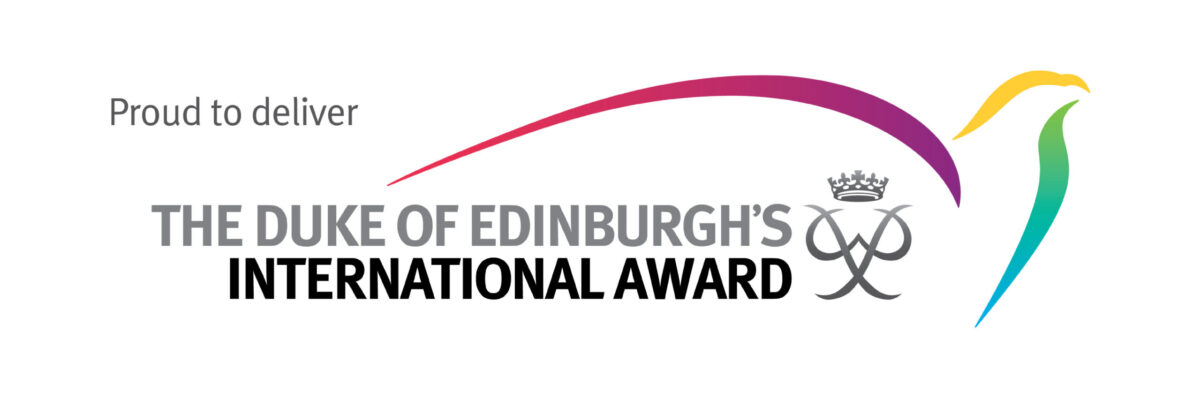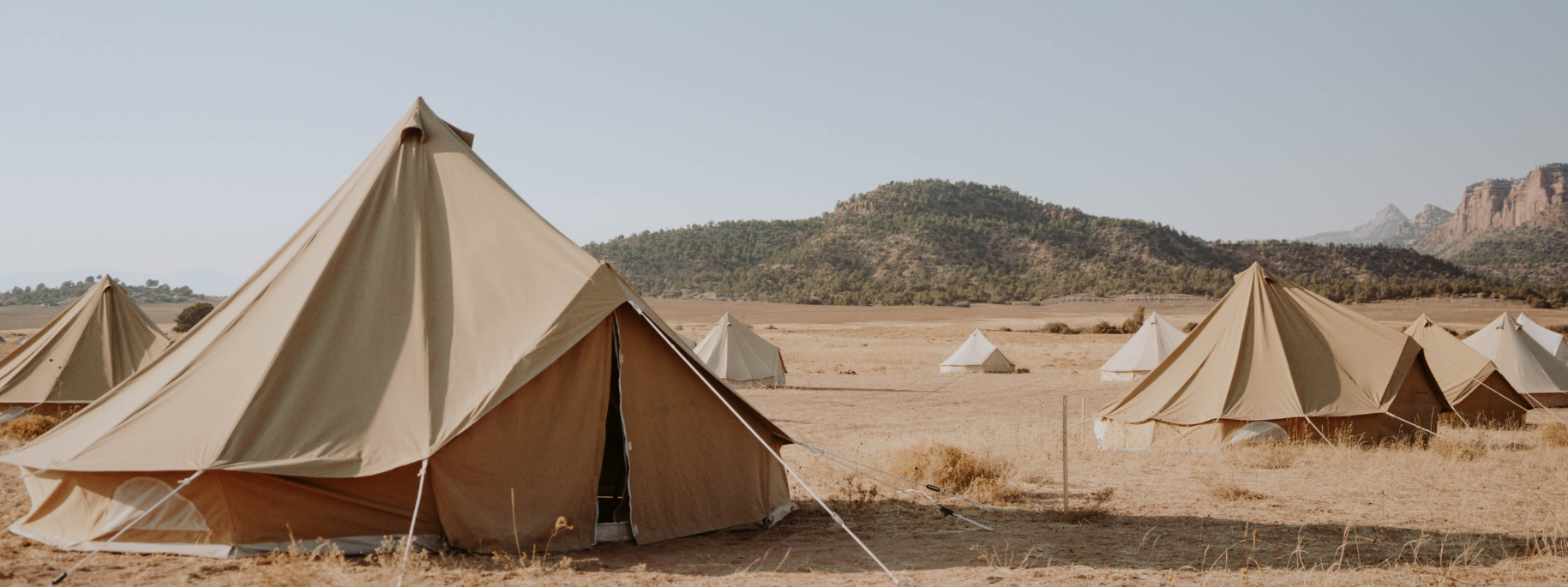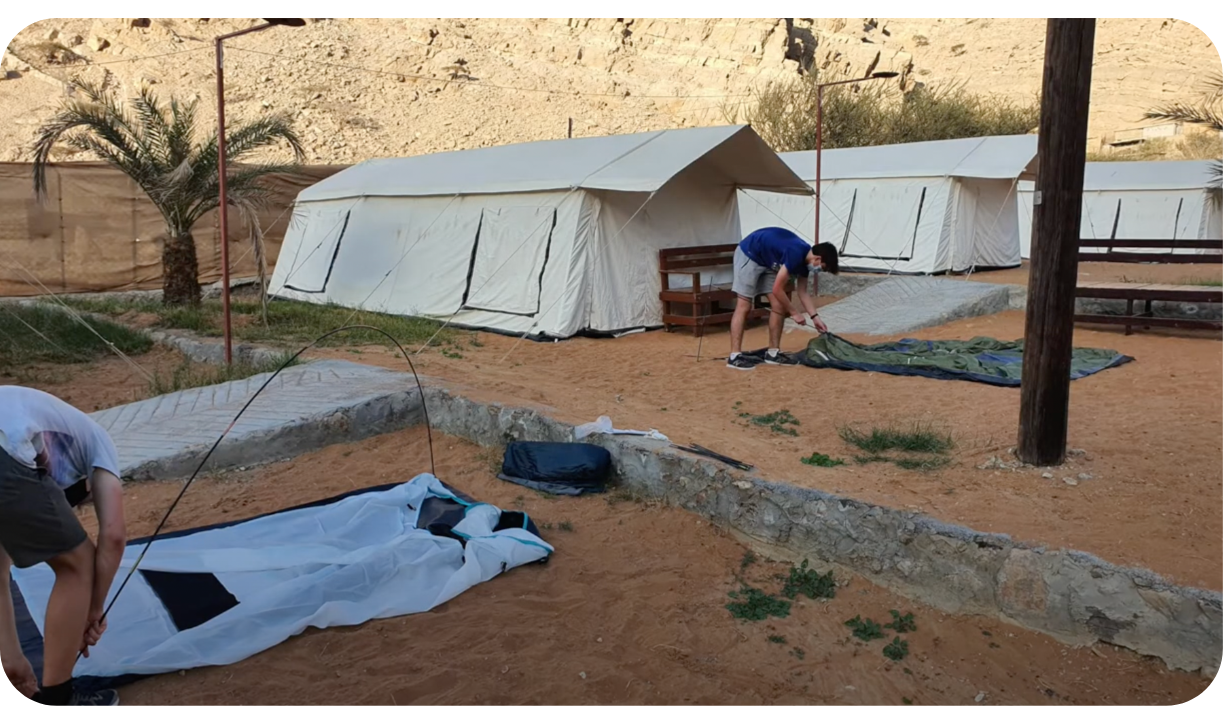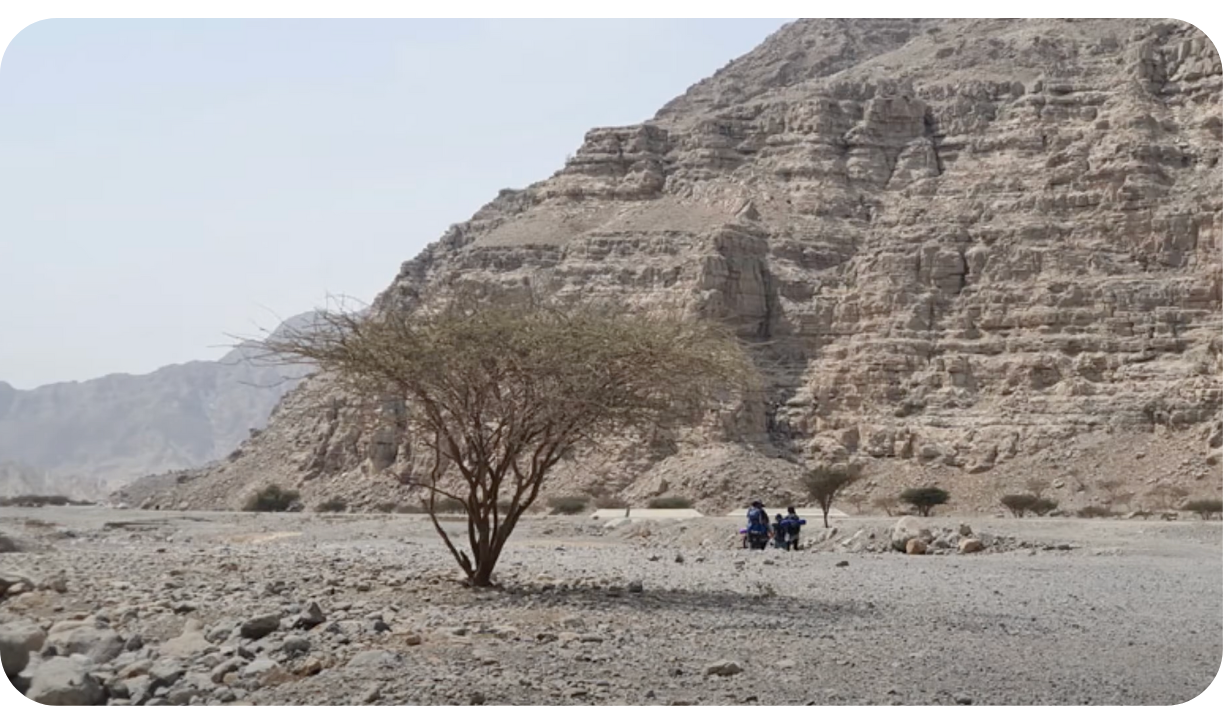The Duke of Edinburgh’s International Award

The Duke of Edinburgh’s International Award is the world’s leading youth achievement award, bringing together practical experiences and life skills to equip young people for life.
We are very proud to offer this prestigious award to all of our students in Year 10 to Year 13 as it is closely aligned with our core values of Aspiration, Gratitude, Integrity, Resilience and Respect.
The Adventurous Journey is often the most exciting part of each stage of the award for many students. During this time, they have the opportunity to improve their camping abilities and work together to navigate challenging terrain, which helps broaden their perspectives. The expeditions offer a mix of rewards and challenges, requiring independence and commitment, both of which play a crucial role in successfully completing a stage of the award. Each student sets personal goals and tracks their own progress, with the only competition being against their own beliefs about their potential. In addition to the expedition, students also focus on developing a specific skill, volunteering in their local community, and pushing themselves physically. The entire process encourages self-reflection and teaches valuable skills that will benefit them throughout their lives.
The additional advantages observed among our students validate the program’s deserving recognition and explain its consistent popularity over the years. The Award serves as a significant milestone for students, fostering independence and cultivating essential qualities like teamwork, leadership, and communication skills. These attributes contribute to their confidence and interpersonal abilities, which are valuable not only in the classroom but also in various aspects of life. Furthermore, engaging in the Award enables students to enhance their CVs and strengthen their university applications by showcasing the skills they have acquired through their participation in the Award.
Preparation for the Award
At The English College, students commence their training for the Bronze Award in Year 10, the Silver Award in Year 11, and the Gold Award in Year 12. They are required to participate in a physical activity, skill, and voluntary service, dedicating a minimum of one hour per week to each activity, which students will need to log using the Online Record Book (ORB). The minimum number of hours increases for each stage of the award and more information on this can be found below.
Additionally, students must complete both a practice and qualifying adventurous journey. Students are supported with their adventurous journey preparation in sessions run by qualified external instructors. These sessions cover necessary expedition skills such as campcraft, navigation and route planning.
Four Required Components ( + Residential for Gold)
Volunteering: undertaking a voluntary service to individuals or the community.
The volunteering section of the Award focuses on encouraging participants to contribute their time and effort towards making a positive impact in their communities. It involves engaging in voluntary activities that benefit others or support charitable organisations. Participants have the freedom to choose a volunteering opportunity that aligns with their interests and values, such as assisting at a local shelter, volunteering at a community centre, tutoring younger students, or participating in environmental conservation projects. The aim is to develop a sense of responsibility, empathy, and a commitment to social service. Through this section, participants gain valuable experiences, develop interpersonal skills, and become active contributors to society. Examples can include: EC Eco Warriors ECA, SUPKids beach clean ups or helping out in the lower school.
Physical: improving in an area of sport, dance or fitness activities.
The physical section of the Award is a component that focuses on promoting physical fitness and well-being among participants. It requires individuals to engage in regular physical activities and demonstrate improvement and dedication in a chosen physical discipline. Participants are encouraged to set personal goals and challenge themselves to improve their physical abilities over a set period of time. By participating in this section, individuals develop their physical skills, endurance, and overall health, fostering a lifelong commitment to an active and healthy lifestyle. Examples can include: Cycling, Netball or Football.
Skill: developing practical, musical, social skills and personal interests.
The skill section of the Award is designed to encourage participants to develop and refine a specific skill or talent of their choice. It provides an opportunity for individuals to explore their interests, expand their knowledge, and enhance their abilities in a particular area. Participants are encouraged to choose a skill that they are passionate about or would like to learn, such as playing a musical instrument, painting, cooking, coding, or photography. They set goals and work towards improving their proficiency in the chosen skill, under the guidance of a mentor or through structured learning. This section promotes personal growth, self-discipline, and the acquisition of valuable skills that can be applied throughout their lives. Examples can include: Photography, Art or Tutoring.
Adventurous Journey: completing an expedition as part of a team.
The adventurous journey section of the Duke of Edinburgh’s Award is an exciting and challenging outdoor experience that requires participants to embark on a journey of exploration and self-discovery. It involves planning, preparing, and undertaking a team-based expedition in a remote or unfamiliar environment. Participants must navigate through diverse terrains, such as mountains, forests, or waterways, using map reading, compass skills, and teamwork. They are responsible for setting up camps, cooking meals, and overcoming various physical and mental challenges along the way. The adventurous journey section fosters resilience, leadership, problem-solving, and communication skills. It provides an opportunity for participants to step out of their comfort zones, appreciate nature, and develop a deeper understanding of themselves and their capabilities.
Residential (Gold only): a multiple-night stay away from home.
The residential section of the Gold Award is a unique and enriching experience that challenges participants to live and work in a communal setting away from home. It requires participants to spend a minimum of five days and four nights in a residential environment with people they haven’t previously known. This section aims to promote personal development, independence, and the ability to adapt to new situations. Participants engage in activities that encourage teamwork, leadership, and interpersonal skills, while also experiencing new cultures, environments, and lifestyles. The residential section offers an opportunity for participants to broaden their horizons, develop new friendships, and gain a deeper understanding of different communities and ways of life.
Three Award Stages:
Bronze: 3 months for each activity & an additional 3 months for one of the chosen activities. The duration of the adventurous journey is 2 days, 1 night with a minimum journeying time of 6 hours.
Silver: 6 months for each activity. If the previous Award has not been obtained, students must carry out a further 6 months in a chosen activity. The duration of the adventurous journey is 3 days, 2 nights with a minimum journeying time of 7 hours.
Gold: 12 months for each activity. If the previous Award has not been obtained, students must carry out a further 6 months in a chosen activity. The duration of the adventurous journey is 4 days, 3 nights with a minimum journeying time of 8 hours.
Online Record Book
Below is a link to the Online Record Book (ORB) that students will need to use to track their progress for each stage of the award.
ORB
The English College start training sessions in year 10 for the Bronze Award, year 11 for the Silver Award and year 12 & 13 for the Gold Award. Students must complete a physical activity, skill and voluntary service with a minimum of a 1-hour commitment for each activity per week. On top of that, students are then expected to undertake a practice adventurous journey and qualifying adventurous journey.
The Award is a huge step towards the students becoming independent, working on their team working, leadership and communication skills. This allows the students to develop their confidence, intra-personal and interpersonal skills which translates into the classroom. Moreover, it also allows the student to expand their CV and university applications when they are able to discuss the skills they have gained relating to the International Award. Below are the time requirements for the activities and adventurous journeys for each stage of the International Award.
Service (volunteering): undertaking a voluntary service to individuals or the community.
Service allows the students to think more about other people and empathise with situations they may have not experienced before. Students may also improve their tolerance or develop compassion towards others.
Physical: improving in an area of sport, dance or fitness activities.
A physical skill is designed to encourage healthy behaviours, no matter what level they are currently at in a particular sport. It is perfectly fine to take up a new sport or activity. This section tries to improve the health, potentially team working skills, confidence and self-awareness. This is very important in the preparation of the adventurous journey where they will be physically challenged.
Skills: developing practical, musical, social skills and personal interests.
Students can improve an existing skill or learn a new skill. Learning a new language, musical instrument, research the history regarding an ancient civilisation are all great examples of a skill students can learn. Students will be able to improve their time management and self-motivation.
Adventurous journey: planning, training for and completion of an adventurous journey.
For many students, the highlight of The Award is undertaking the adventurous journey. It is a huge learning experience, having to cook for themselves, work together navigating unknown areas or figuring out how to set up a tent! On top of that, they need to do this using only a map and a compass. They are not allowed to have electronic devices during the expedition. Moreover, if the students get lost, they need to work together to figure out where they are and what their next steps should be. We have safeguards in place to help locate them, for example GPS trackers, drones and 4x4s and we are well equipped to deal with any medical issues.
For students to undertake the adventurous journey, they must be fully trained for their expeditions. Therefore, it is mandatory for all students to attend ALL training sessions. Students must show commitment towards the Award and be proactive. It is their Award and their responsibility to ensure they understand what is required of them.
Bronze: 3 months for each activity & an additional 3 months for one of the chosen activities. The duration of the adventurous journey is 2 days, 1 night with a minimum journeying time of 6 hours.
Silver: 6 months for each activity. If the previous Award has not been obtained, students must carry out a further 6 months in a chosen activity. The duration of the adventurous journey is 3 days, 2 nights with a minimum journeying time of 7 hours.
Gold: 12 months for each activity. If the previous Award has not been obtained, students must carry out a further 6 months in a chosen activity. The duration of the adventurous journey is 4 days, 3 nights with a minimum journeying time of 8 hours.





